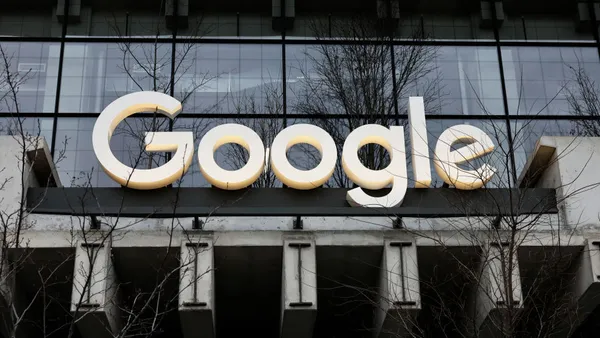Dive Brief:
-
Ad tech firm Rubicon Project is reportedly considering multiple "strategic options" and even a potential sale with the help of investment bank Morgan Stanley, according to reporting by The Wall Street Journal. Morgan Stanley was one of the lead underwriters in Rubicon’s initial public offering of stock in 2014.
- Rubicon Project specializes in advertising automation technologies, though, as the Journal points out, it’s been slow to adapt to newer offerings in the space like header bidding. Rubicon Project shares dropped 30% last August after the company claimed lower desktop ad revenues stemmed from a "delay" in recognizing consumers' desire for more header bidding options.
- Rubicon Project’s overall share price has declined 50% over the past 12 months, and the company laid off 20% of its workforce in November following Q3 earning reports, per the Journal. Several executives also recently left the company, including CTO Neal Richter in November.
Dive Insight:
While Rubicon Project has yet to confirm anything — it didn't provide comment to the Journal on the matter of a potential sale — the news is just the latest sign that ad tech consolidation is unlikely to slow in 2017 after the space saw shrinking startup investments last year.
Rubicon Project has previously been viewed as one of the larger and more successful independent ad tech players, but competing against the digital “duopoly” of Facebook and Google remains an immense if not insurmountable challenge for outsiders.
Digital marketing recently became the largest media channel by investment for the first time ever, but Facebook and Google still net up to 75% of all digital spend with few signs of slowing down. Digital disruptions in the form of new technologies have also proven difficult to keep up with across the advertising industry.
As the Journal notes, Rubicon Project was sluggish to properly adapt to header bidding technology, which allows multiple ad buyers to bid on media space simultaneously. The company tested its own header bidding solution with a select group of publishers on Google’s open-source Accelerated Mobile Pages (AMPs) in March last year.
Despite Rubicon’s awareness in regards to the importance of implementing header bidding, the company failed to "keep up" with the technology on a broader scale, which likely shook investor confidence and ultimately hurt its market value.
"Header bidding is certainly a short-term challenge,” CEO Frank Addante told analysts on its Q3 earnings call, according to the Journal. "We’ve got some work to do on this. We’re working through our plans. This is not an overnight shift."















